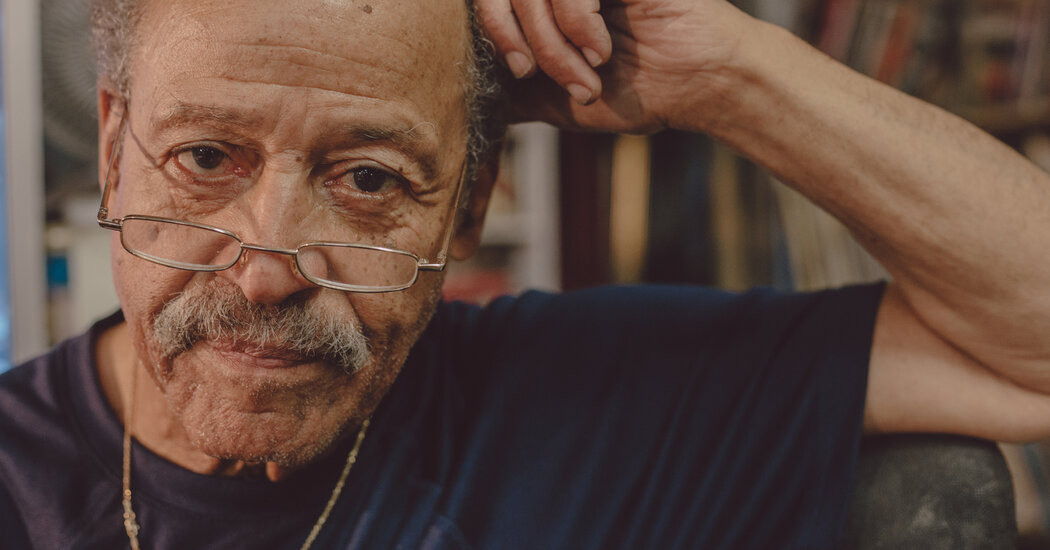Six decades ago, Mr. Dwight’s shot at becoming the first Black astronaut in space was thwarted by racism and politics. Now, at 90, he’s finally going up.
Edward Dwight is going to space, finally.
In the coming weeks, as conditions allow, Mr. Dwight is expected to be part of a six-person crew heading beyond Earth’s orbit on the latest mission of Blue Origin, the space company founded by Jeff Bezos. Blue Origin’s seventh human flight will carry an array of adventurers including a venture capitalist, a craft-beer entrepreneur from France, a retired accountant who has been told by doctors that she is going blind, and Mr. Dwight, a retired Air Force captain who 60 years ago was chosen, and then passed over, to be the first Black man to orbit Earth.
Mr. Dwight wound up in the astronaut training program at Edwards Air Force Base in California in the early 1960s under the command of Chuck Yeager. (In 1947 General Yeager became the first test pilot to break the sound barrier; he died in 2020.) Mr. Dwight was a charismatic, handsome test pilot, a public relations dream for an administration looking to lead on civil rights. President Kennedy was a supporter, but General Yeager was not impressed; according to a well-chronicled history, Mr. Yeager described Mr. Dwight as an average pilot who had been placed on the A-list for political reasons. Mr. Dwight had a different account, recalling General Yeager as a racist who wanted him removed. His height — 5 feet 4 inches — was also a disadvantage, Mr. Dwight recalled.
After the assassination of Mr. Kennedy in 1963, Mr. Dwight was not selected to go to space. The would-be astronaut left the Air Force in 1966 and went on to other successes, including as a restaurateur and real estate developer in Colorado and, eventually, as a celebrated sculptor of prominent figures in Black history.
In conversations spanning several months, Mr. Dwight spoke to The New York Times about his impending spaceflight. The interviews have been condensed and edited for clarity.
How do you feel about going to space?
It’s a culmination of a long life of events. I’ve thought this would be a nice end of a fascinating story about all I’ve gone through and my reaction to adverse conditions.
Everything I’ve done has been an uphill battle: getting into the military and being an Air Force pilot, getting chosen by the president of the United States to be the first Black astronaut, and facing all kinds of obstacles in the years that I was in that program. But I was performing well, and that’s why they would say, ‘Oh my God, this guy’s getting things done,’ and my Blackness and my shortness didn’t mean a damn thing.
